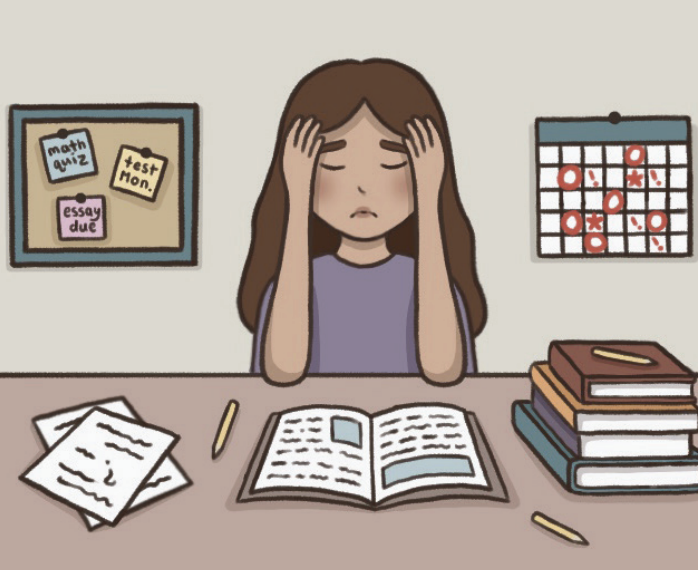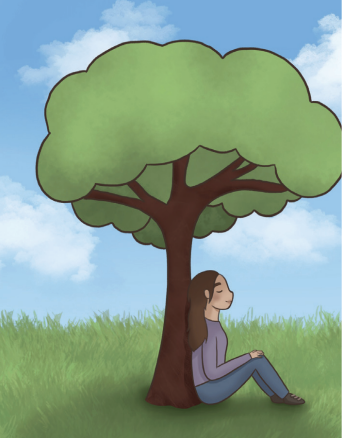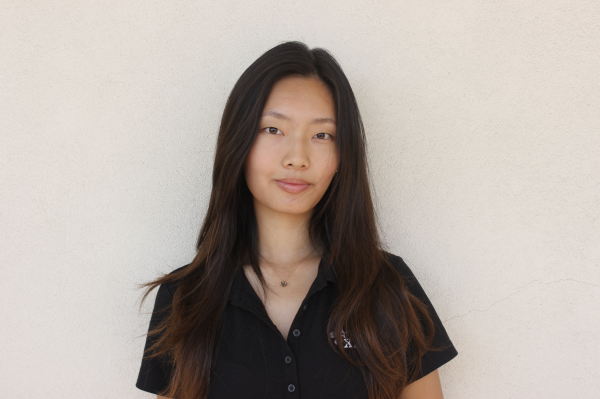Given the political polarization in our most recent election, it is easy to jump to the conclusion that the opposing side is an enemy actively harming democracy. While it is impossible to ignore certain alarming and harmful policies that the opposing party promotes, it is also imperative for us to realize that we may have more in common with our political opponents than we think. However, it is hard for many people to reach this understanding because citizens have few opportunities to engage in political discourse with individuals who do not share their political perspective.
Many communities across the nation are courting complacency by solely having conversations with those who have like-minded opinions. The everyday citizen loses the opportunity to deepen their understanding of America’s political climate because they are not exposed to different perspectives. If we were to have conversations with political opponents, we would not only strengthen our own opinions, but we would also find common ground.
This “political bubble” phenomenon is present at Marlborough as well. Though I agree with many of my classmates’ opinions, conversations can often feel like an echo chamber. I want to be intellectually challenged so that I can strengthen or change my opinions. It is also an injustice to our country that because many of us live in these “political bubbles,” we believe the two parties disagree about everything. In reality, American voters are less ideologically polarized than they think and actually share many policy preferences, according to a Carnegie Endowment research paper. We just don’t know it because we rarely talk to the other side.
So what is the solution to this problem? The answer: Deliberative democracy. Deliberative democracy promotes the idea that in a functioning democracy, political discourse between different groups of citizens should be central to decision making. I recently discovered the term through Dr. Alice Siu, Associate Director of the Stanford Deliberative Democracy Lab. After her speech at an All-School Meeting (ASM) in October, I was able to talk to her in person about the benefits of the deliberative process.
The Deliberative Democracy Lab has worked for years to promote what they call Deliberative Polling, a process in which their researchers gather a large group of people, ask them about their political views and then have them engage in political deliberation with others across the political spectrum from around the country. Afterwards, participants are polled on their political views, and the results are shocking. Not only do they have improved opinions of their political “opponents,” and of our democracy (in one case after Deliberative Polling, there was over a 20-30% increase in Democrats’, Republicans’ and Independents’ satisfaction with the way our democracy is currently functioning), but their perspectives often gain nuance. For example, 49% of young Democrats opposed eliminating the sale of new gas-powered cars post-deliberation, compared to 29% beforehand.
The successful results of Deliberative Polling have led over 50 countries to incorporate the deliberative methodology into their political process in some way. In 2017, Mongolia’s National Parliament approved a new “Law on Deliberative Polling,” which required that Deliberative Polling be conducted on potential amendments to the Mongolian constitution before Parliament can consider them. According to Stanford’s Deliberative Democracy Lab, the law contributed to the creation of amendments that expanded Mongolia’s democracy and allowed its citizens to engage more thoroughly in the political process.
Deliberative Polling should be nationally recognized and promoted. I am not suggesting that citizens should be the ones solely responsible for creating and passing laws; rather, I am proposing that the backbone of our democracy – its people – would benefit from having more opportunities to deepen their political understanding. If we continue to seek political sameness, not only will we become complacent thinkers, but we will be stepping away from our democratic ideals. It is our responsibility to have conversations with those we do not agree with because that is what paves the way for social justice and the betterment of society.







